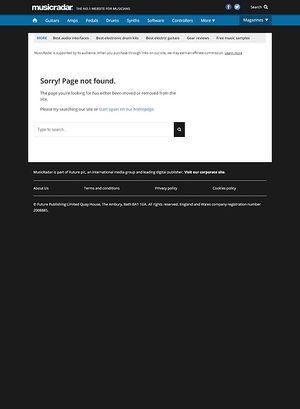Booklet 3g Driver For Mac

NTFS-3G is a stable, full-featured, read-write NTFS driver for Linux, Android, Mac OS X, FreeBSD, NetBSD, OpenSolaris, QNX, Haiku, and other operating systems. It provides safe handling of the Windows XP, Windows Server 2003, Windows 2000, Windows Vista, Windows Server 2008, Windows 7, Windows 8 and Windows 10 NTFS file systems. Dirty bomb mac os x. A alternative, called Tuxera NTFS is available for. The release notes and the software changes can be found on the page. Subscribe for new release notifications. Download The latest stable version is, released on March 28, 2017.
Booklet 3g Driver For Mac Os X
Nokia Booklet 3g Driver
Availability: (fastest) Installation Linux: Most distributions include and use NTFS-3G by default. Please use that one unless it’s an. If you wish to install NTFS-3G from the source code then make sure you have installed the basic development tools (gcc compiler, libc-dev libraries). Then type:./configure make make install # or ' sudo make install' if you aren't root Non-Linux: Please see the OS specific installation and source packages above. Usage If there was no error during installation then the NTFS volume can be mounted in read-write mode for everybody as follows.  Unmount the volume if it had already been mounted, replace /dev/sda1 and /mnt/windows, if needed. Mount -t ntfs-3g /dev/sda1 /mnt/windows Please see the for more options and examples.
Unmount the volume if it had already been mounted, replace /dev/sda1 and /mnt/windows, if needed. Mount -t ntfs-3g /dev/sda1 /mnt/windows Please see the for more options and examples.
Top 4 alternatives to macx free mov video converter for mac. It could not be any easier and faster to download your favorite music!Music MP3 Get is an efficient and easy-to-use application. More Audio Editor downloads at Other software of ''.
Booklet 3g Driver For Mac Free
You can also make NTFS to be mounted during boot by adding the following line to the end of the /etc/fstab file: /dev/sda1 /mnt/windows ntfs-3g defaults 0 0. The major and important driver changes are listed below. Stable releases are GREEN, releases for testing are RED.
While the NTFS-3G project globally aims at providing a stable NTFS driver for several operating systems such as Linux, FreeBSD, Mac OS X, Solaris etc., the advanced branch specifically aims at developing, maturing, and releasing features to get user feedback before they are integrated into the main branch. The advanced releases are designed as add-ons to the latest stable release, so they benefit from all the improvements and fixes integrated in the main branch. This facilitates the subsequent integration of newer features both for the developer and the user. The documentation on the features which were developed as part of former advanced versions is available here, and updated to reflect the latest versions: • File ownership and permissions: the of files, implemented according to POSIX rules, are interoperable with Windows. • POSIX ACLs: the ACLs, are an extension to, as defined in a POSIX draft. • Junction points: the created by Windows are seen as symbolic links.